Shenzhen, 26 March 2025 – In industrial gas control, laboratory research and special gas applications, choosing a suitable pressure regulator is crucial to system safety and efficiency. Faced with the diverse types of regulators available in the market (e.g. diaphragm, piston, single and double stage, etc.), how to make an accurate choice according to your needs? In this article, we will analyse the characteristics and application scenarios of different regulators.
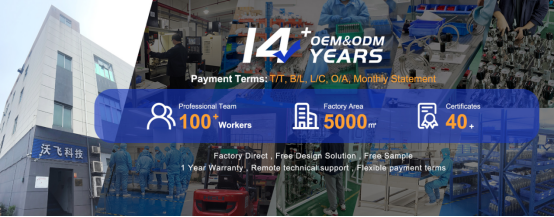
1. Define the needs: flow, pressure and purity of the medium
Before choosing a regulator, three core parameters need to be clarified:
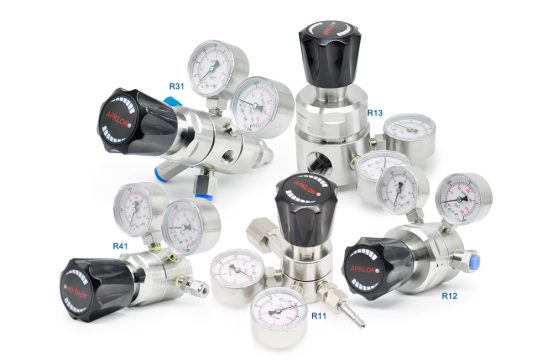
Gas flow requirements:
- Medium flow regulators: for routine laboratory or industrial applications.
- High purity medium flow regulator: Improve the purity based on the medium flow, suitable for semiconductor, photovoltaic and other precision industries.
- High flow/high pressure high flow regulator: for high flow requirements, such as large gas stations or manufacturing facilities.
Operating pressure range:
- High-pressure piston regulator: Resistant to high pressure (e.g., 3000 PSI or more), suitable for oil and energy fields.
- Diaphragm regulator: low and medium pressure environment, high sensitivity, suitable for laboratory precision instruments.
Gas purity level:
- High purity pressure regulator: polished inner wall and non-polluting material, designed for electronic grade gases (e.g. helium, argon).
2. Key Type Comparison
Single-stage vs two-stage pressure regulators:
Single-stage regulators are simple and suitable for stable pressure scenarios; two-stage pressure regulators automatically compensate for pressure fluctuations and are suitable for critical processes where the outlet pressure needs to be extremely stable.
Diaphragm vs Piston:
Diaphragm type has good sealing and corrosion resistance; piston type has stronger pressure capacity, but requires regular lubrication and maintenance.
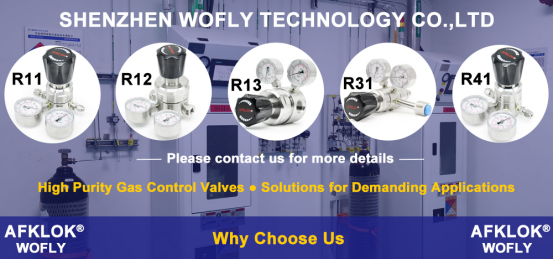
3. Purchasing Suggestions
- Certification and Qualification: Confirm that the product meets ISO, UL or industry-specific standards (e.g. SEMI standards).
- Vendor services: Give preference to regular vendors who provide technical advice and after-sales support.
- Customisation requirements: special media (such as corrosive gases) need to be customised materials (such as 316L stainless steel, Hastelloy).
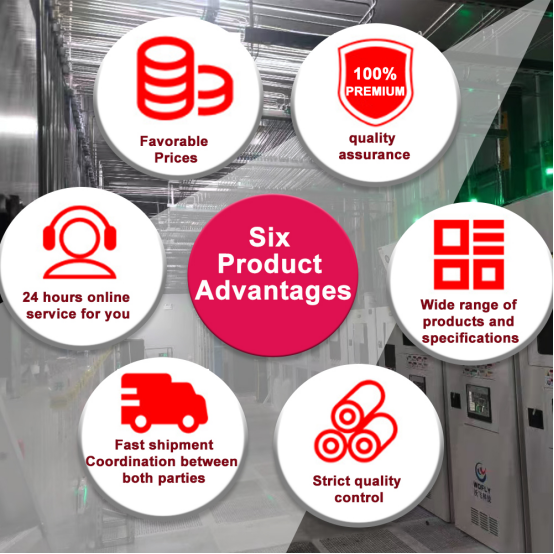
Industry experts remind: ‘Different application scenarios on the regulator response speed, sealing and life requirements vary significantly, it is recommended that users provide detailed parameters before making a choice.’
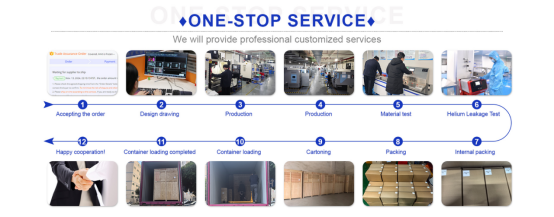
At present. Shenzhen Wofly Technology Co. Platform has been online full range of regulator products, users can consult online through the official website or call the hotline [0755-0927023443] to get one-on-one selection services.
Post time: Mar-28-2025